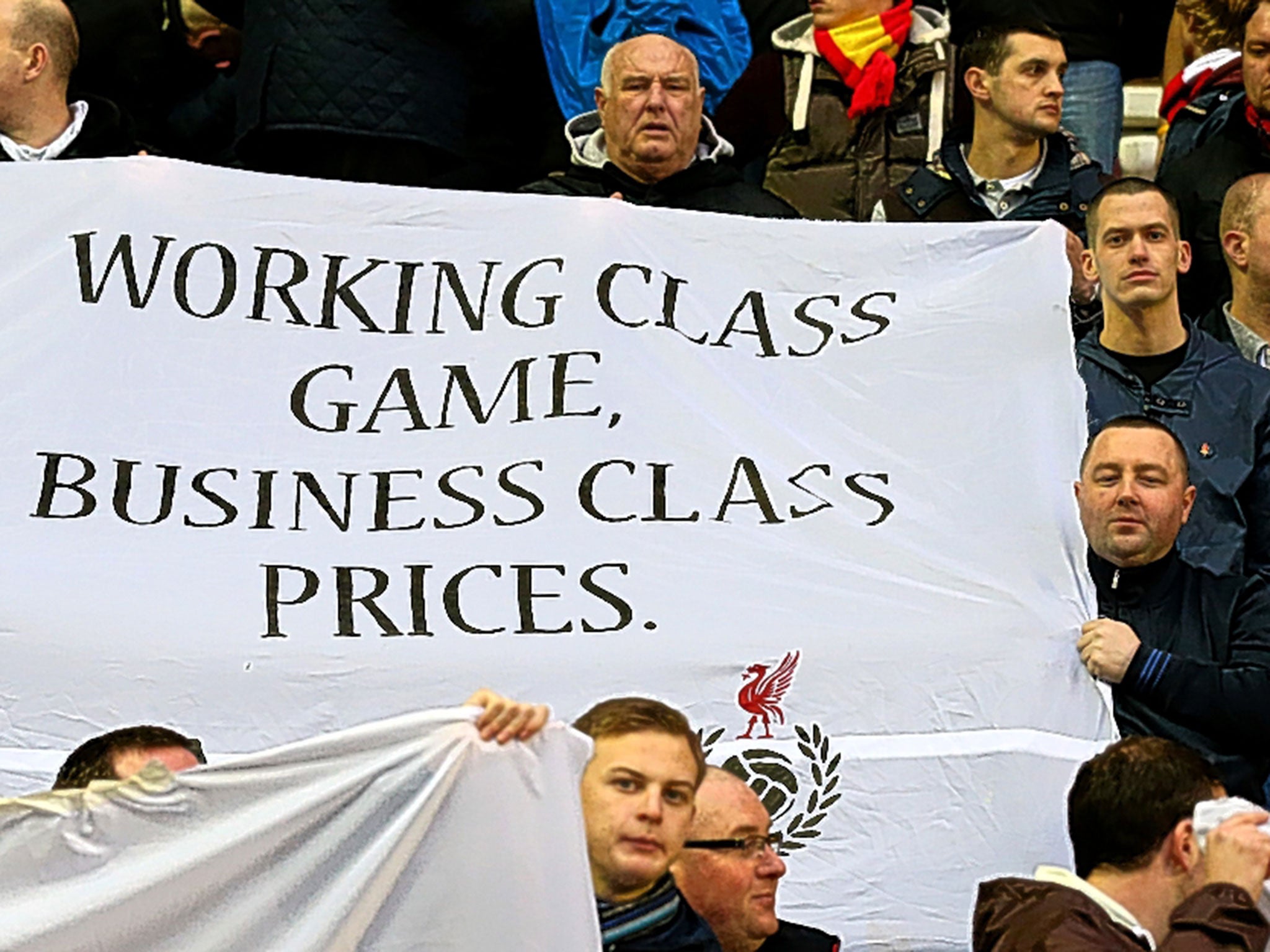Price of Football study: Ticket prices will only fall if fans choose to stay away
COMMENT: Prices will only fall when demand drops

The BBC Sport Price of Football survey is a blunt instrument – the range of ticket prices charged by clubs is vast and a superficial highest-lowest comparison can only provide a crude impression.
In particular, as Everton chief executive Robert Elstone pointed out, it does not put sufficient emphasis on discounts such as early-bird pricing. It does, however, reveal an underlying trend of rising prices, and illustrate how eye-wateringly high some of them are.
As someone who is privileged to be paid to attend matches I never cease to be amazed at the prices supporters will pay. Two decades ago Silvio Berlusconi, then just the successful owner of Milan rather than the disgraced ex-Italian premier, suggested one day clubs would pay fans to attend in order to ensure the backdrop television wanted.
It has not quite worked out like that. More TV coverage has stimulated, not depressed, the demand to watch games. English clubs are private companies and, like most private companies, will charge whatever they think the market will stand.
So Liverpool, more renowned globally than Everton and thus able to attract more wealthy fans, from the British Isles and overseas, charge more than their neighbours. Newcastle United, with a huge ground, a mediocre team and unpopular owner, are cheaper than Southampton. Football in the capital, reflecting generally higher wages, is significantly more expensive than in more economically poorer areas.
Many clubs, Everton among them, do try to find ways to enable poorer spectators to attend. But they are trapped within the game’s prune juice economics. Competition for players drives up wages and the cost is passed onto the fan – who has demanded those players.
Few clubs make a profit. A slice off the TV income – levied before the clubs receive it – is the solution. It would enable subsidies for some spectators, especially the young, disadvantaged and travelling support, and provide facilities at the grassroots.
It would affect all clubs in the Premier League equally so should drive down wages – but then the big ones would argue they cannot compete with Barcelona, Real Madrid et al.
Prices will only fall when demand drops. Wigan Athletic were a moderately priced Premier League club because they had a small fan base. To force a price cut fans have to do the hardest thing of all – stay away. The danger for the game is that if, and when, they do, they may not come back
Join our commenting forum
Join thought-provoking conversations, follow other Independent readers and see their replies
Comments